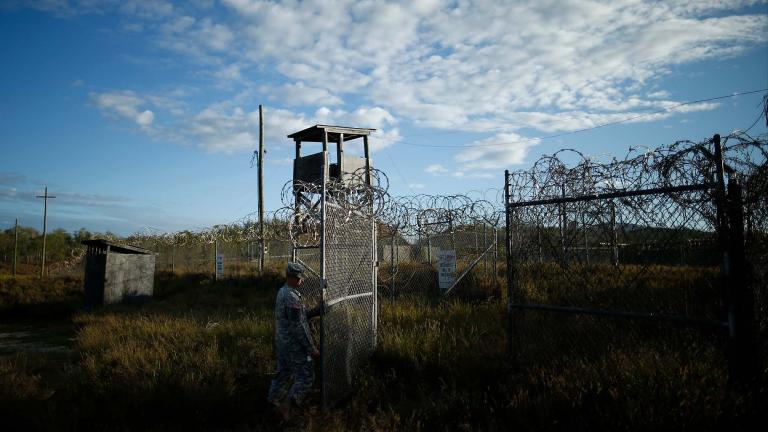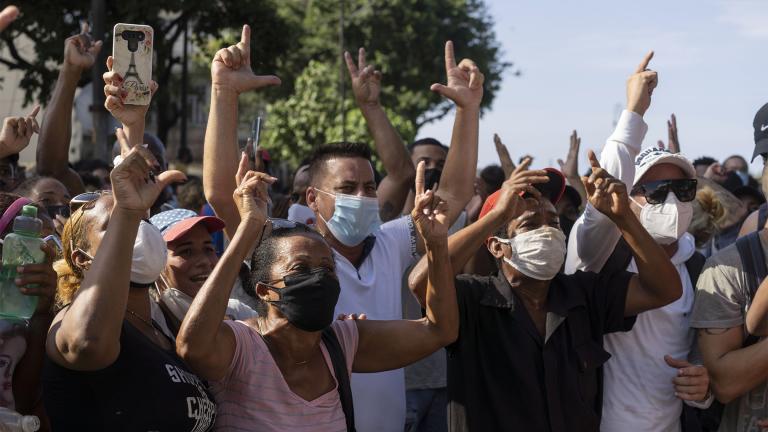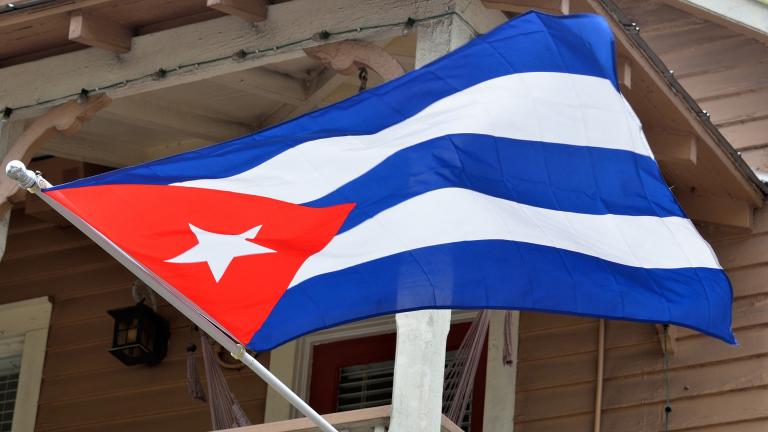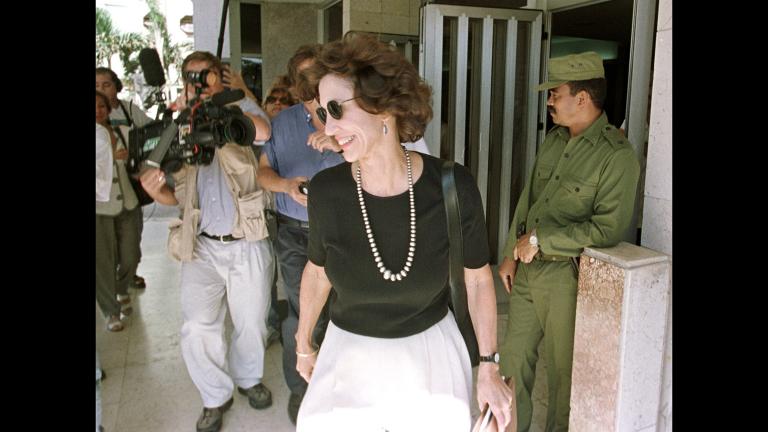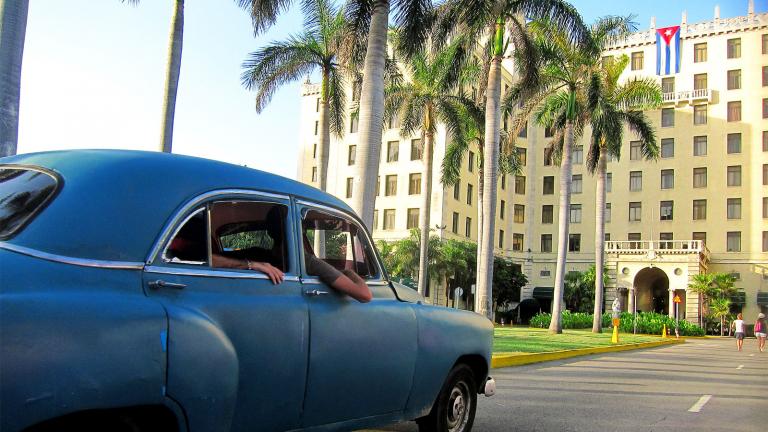The United States and Cuba have now formally reestablished diplomatic ties, but it could still be many years before the enormous gap created by half a century of antagonism is bridged.
Many Americans might be surprised at how the Cuban government has reversed itself on an issue that for many years was resulting in imprisonment: Lesbian, Gay, Bisexual and Transsexual–or LGBT–rights.
One of the activists currently at the forefront of those rights in Cuba is Dr. Alberto Roque Guerra, an internist by profession, who is a leading voice in the Cuban LGBT community and also coordinates Cuba's medical program of comprehensive treatment for transgender people.
"Like many countries in the world, homosexuality was a crime up to 1979," explained Guerra. "It was removed from the penal code at that moment, although certain articles remained. In 1987, the penal code recriminalized homosexuality as a public scandal. Finally, in 1997 – even before many countries in the world – it was removed as a crime."
And while attitudes towards homosexuality are changing, there is still room for improvement.
"Although homophobia and machismo ideology persist in Cuba, we've been moving forward on respect and tolerance," Guerra said. "Not exactly integration of LGBT people yet."
For Guerra, the goal is for integration of LGBT people into Cuban society, rather than acceptance, which can lead to subordination.
"I speak about integration of LGBT people into society, but also changing people's minds – those who are heterosexual – and also making structural changes concerning the law, the way the state is working on policies."
He points to a recent law as an example of just how the country is moving forward, and where it still needs to catch up. "In 2013, it was the first moment in the history of the nation that we had a law that passed, finally, and recognized sexual orientation as a source of discrimination. Gender identity, however – it was one of the proposals – was not accepted. It didn't pass."
And yet, the Cuban government will pay for gender reassignment sugery.
"The health care system in Cuba has three main principles: it's free of charge, it's universal, and it's accessible," said Guerra. "Transgender people, those who are interested in making a transition to the gender they [identify with], have a possibility of [transitioning] based on these principles."


